Analyzing Menstrual Hygiene Management and Health in Ghana
VerifiedAdded on 2023/04/21
|5
|710
|492
Report
AI Summary
This report addresses the critical health issue of inadequate menstrual hygiene management among women in Ghana, particularly focusing on the use of unsanitary materials like newspapers, rags, or mud, which leads to infections and health hazards. The report highlights that many adolescent girls in rural Ghana miss school during menstruation due to a lack of knowledge and access to sanitary pads. It estimates that approximately 11.5 million women in Ghana lack proper sanitation and hygiene management facilities. The report suggests interventions such as government investment in affordable sanitary pads, increased access to education, and collaborative efforts by NGOs and government organizations to educate women about the risks of unhygienic practices. It also emphasizes the need for free sanitary pad distribution to poor women and girls, coupled with education on safe usage and disposal. The report also touches upon the gender bias in taxation on sanitary products and the need for infrastructural planning that considers sexual health education. Ultimately, the report advocates for increased awareness, affordability, and accessibility of hygienic sanitary products to improve women's health and reduce absenteeism in schools.
1 out of 5
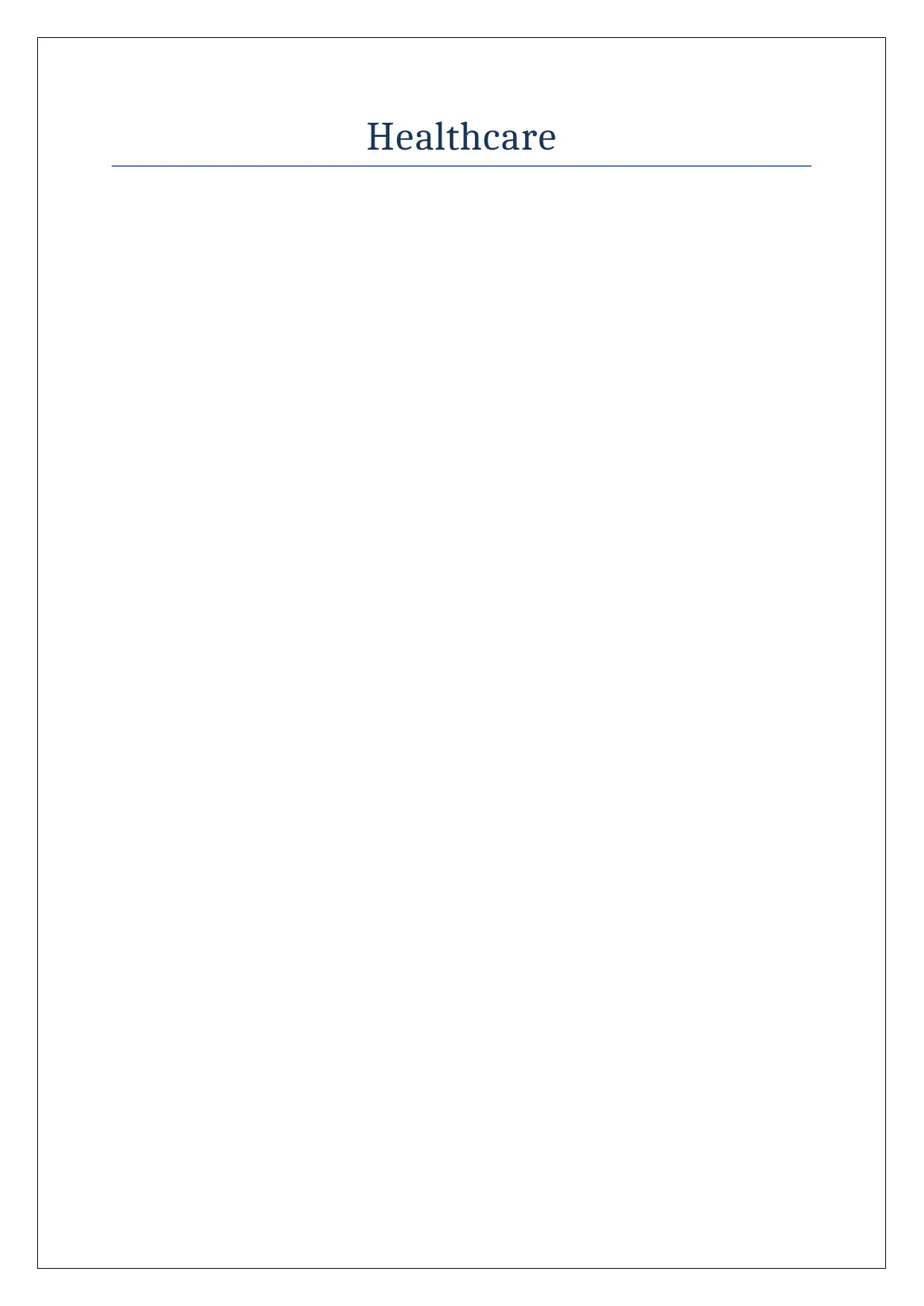
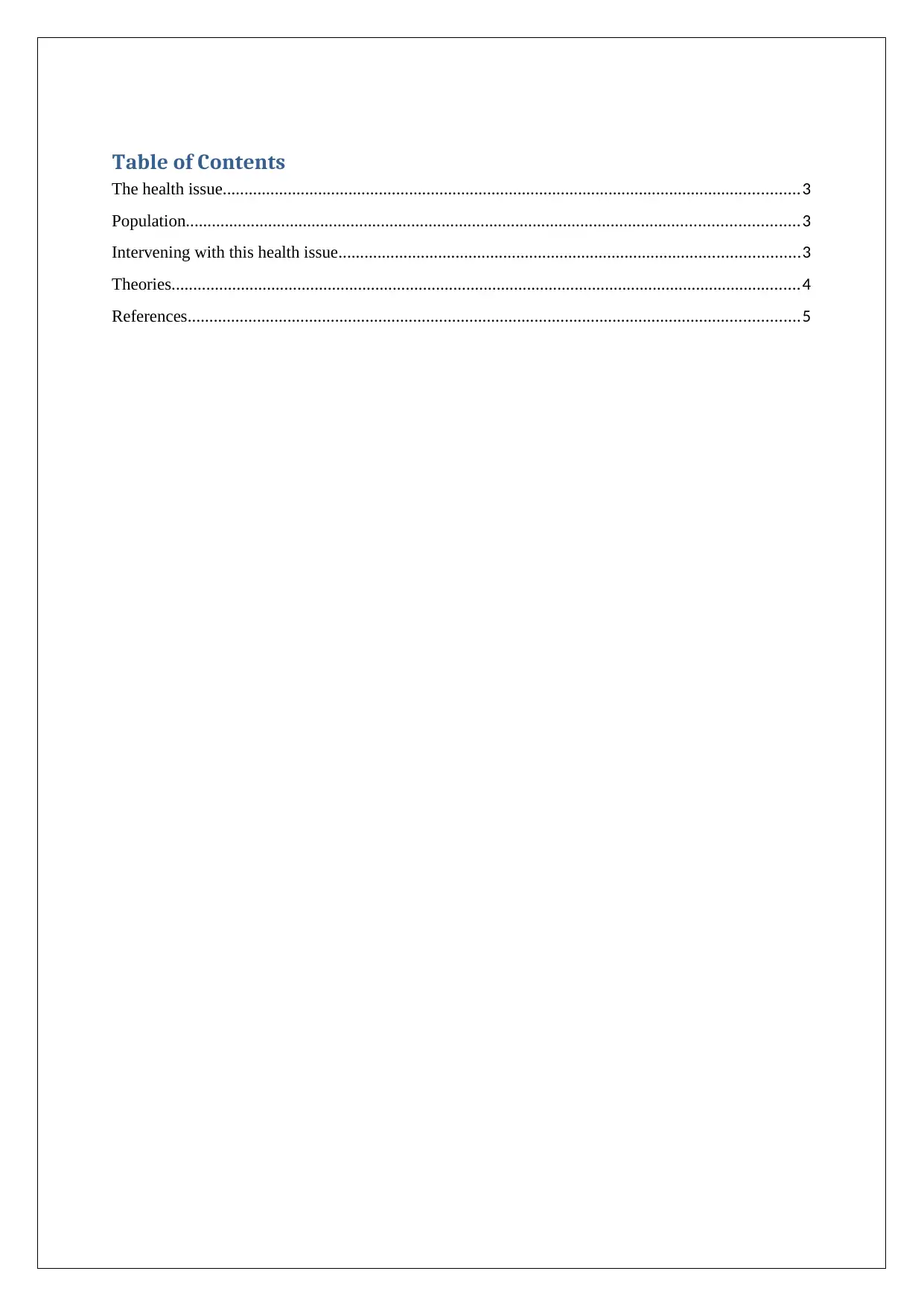
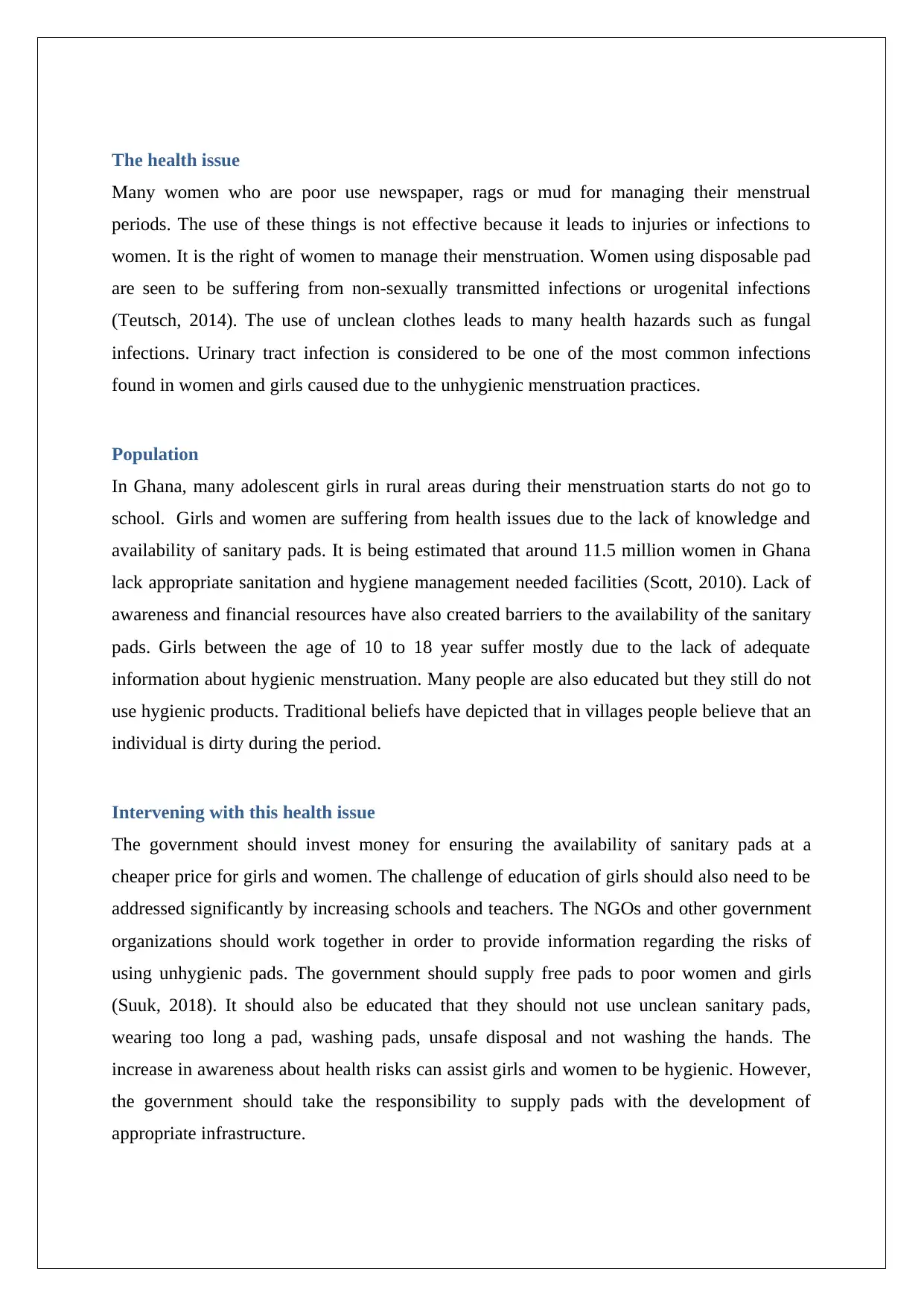

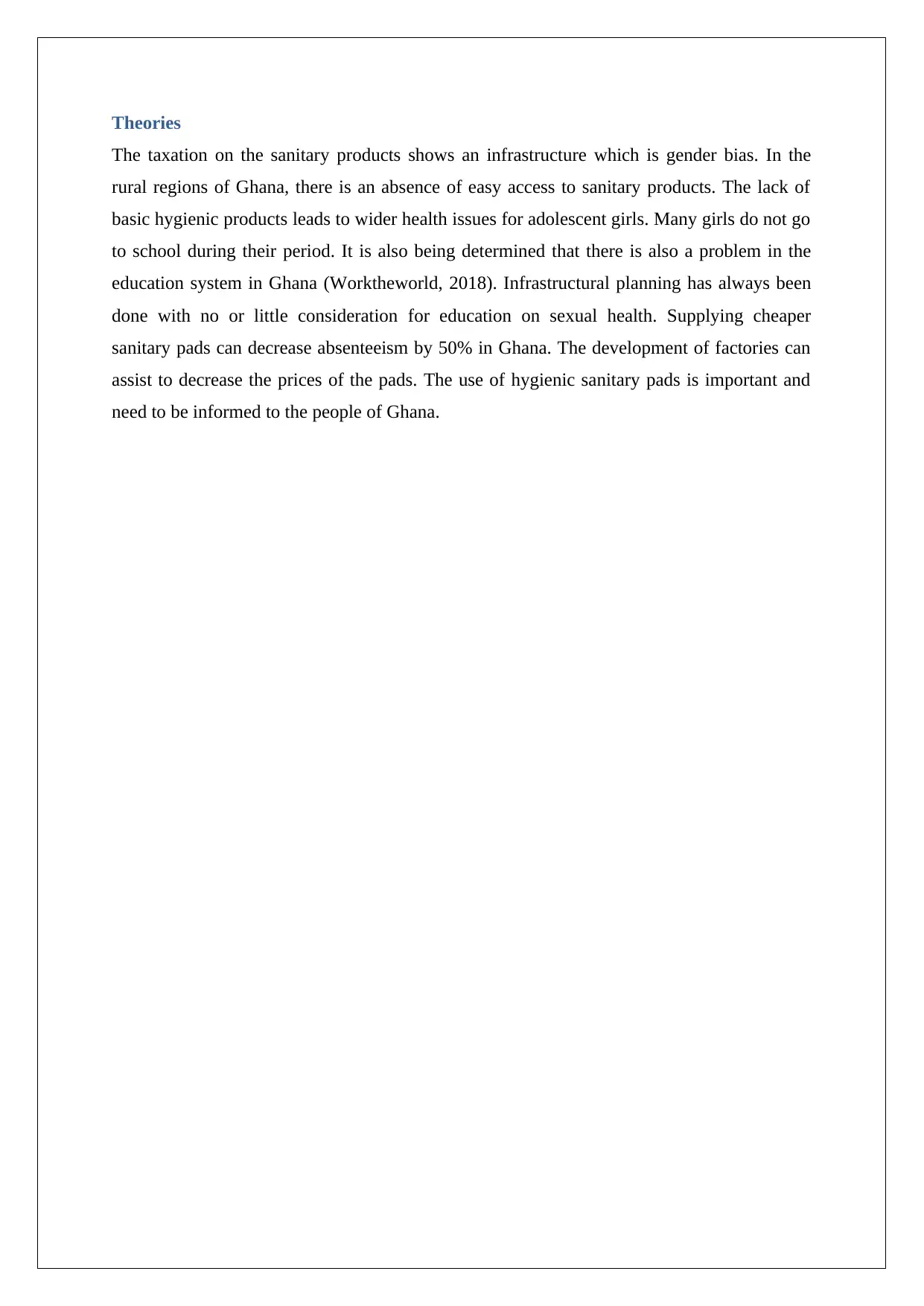
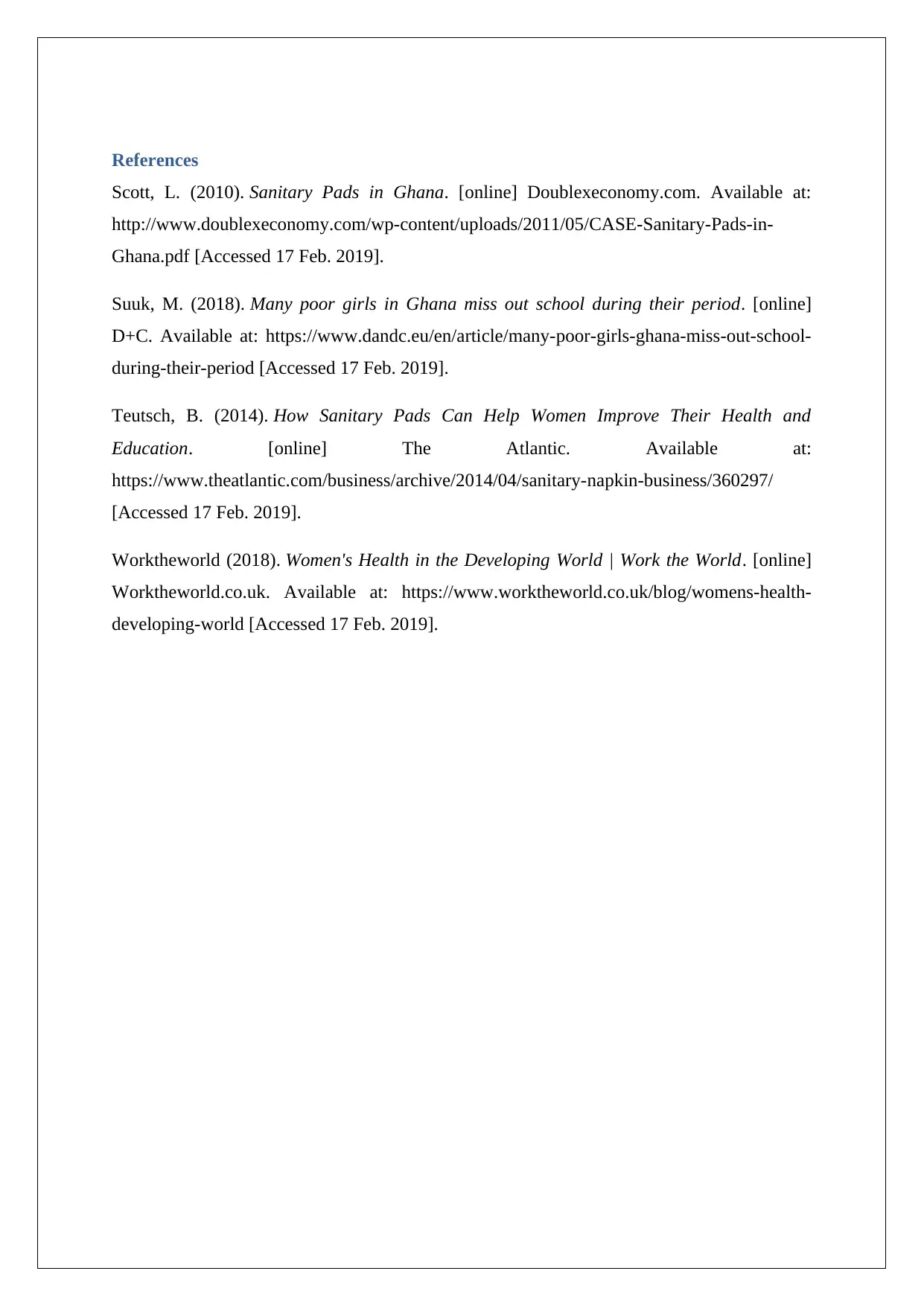




![[object Object]](/_next/static/media/star-bottom.7253800d.svg)